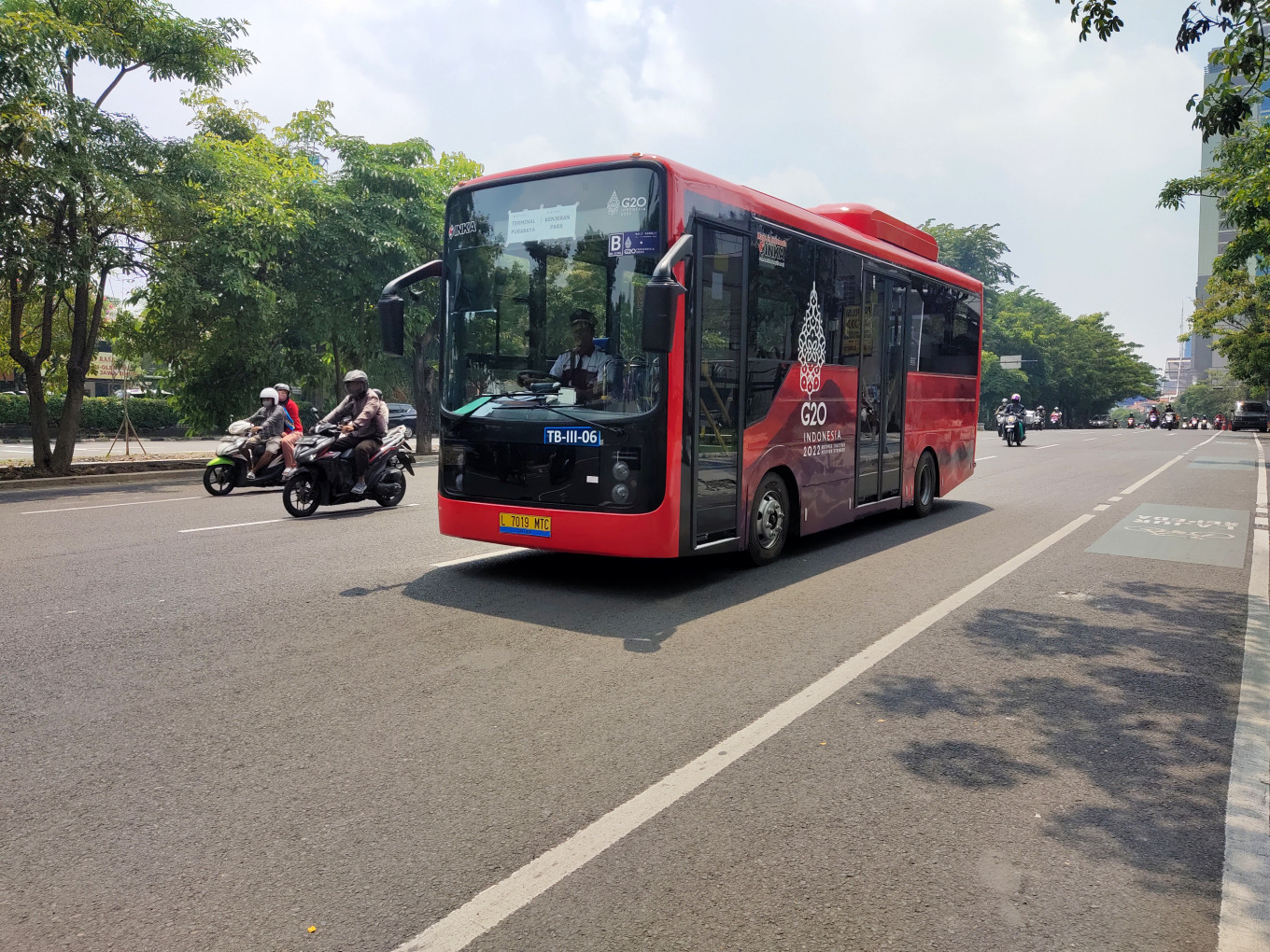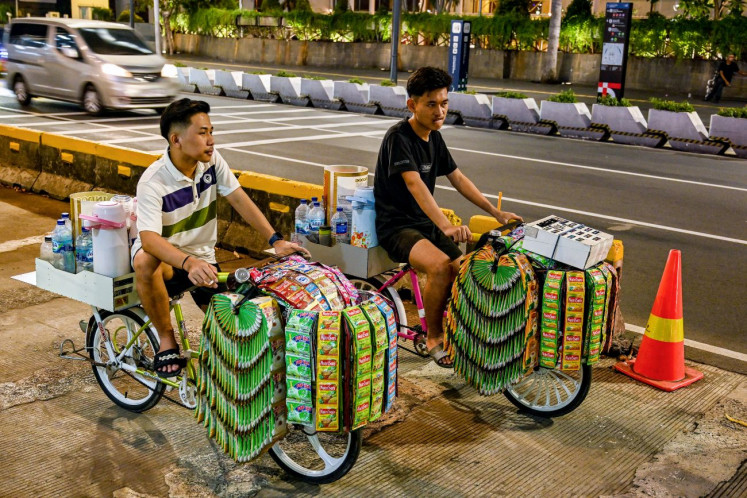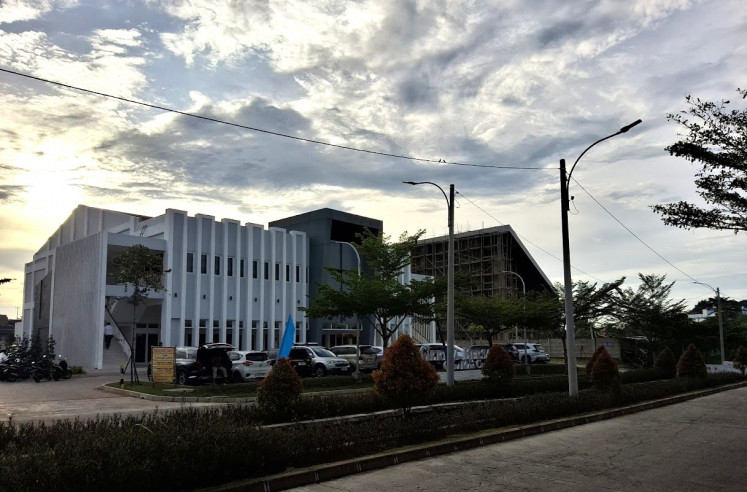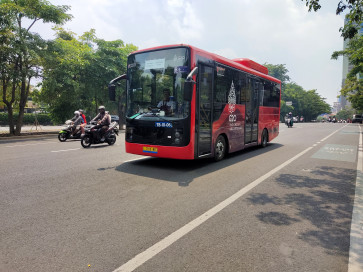Popular Reads
Top Results
Can't find what you're looking for?
View all search resultsPopular Reads
Top Results
Can't find what you're looking for?
View all search resultsTransforming SMEs in the current EVs era
To make the EV industry inclusive to all entities, the government could introduce an overarching scheme to pull SMEs into the EV supply chain, for instance, by providing incentives for producers that partner with SMEs.
Change text size
Gift Premium Articles
to Anyone
T
he automotive industry has long been recognized as an engine of economic growth, job creation and technological development for many nations, with Indonesia no exception. Indonesia is a host to global automotive manufacturers, with 22 assembly plants throughout the country.
The industry’s significance is reinforced by its long and complex supply chains that require automotive producers to link up with multiple partners, as the assembly of each vehicle can require 7,000-8,000 components. These components are generally supplied by at least 1,000 vendors, where Small and Medium Enterprises (SMEs) dominate the supply chain.
Additionally, SMEs’ involvement in the automotive industry is not only concentrated in the production phase but covers broader services, including after-sales, where 95 percent of automotive repair businesses are considered SMEs. The deep involvement of SMEs in the automobile-industry trajectory has generated positive multiplier effects that ripple out through the nation’s economy.
However, driven by consumer preference, the market has recently begun to shift from internal combustion engines (ICEs) that include petrol, diesel or gas vehicles, toward electric vehicles (EVs) as the latter are considered cost-effective and energy efficient. Although the switch from vehicles with ICEs to EVs seems inevitable, the government has a strong commitment to ending the sale of conventional cars by the 2040s.
Because of this, Indonesian EV consumers have relished certain EV-led stimuli, including exemption from the “odd-even” number plate traffic restrictions and the sales tax on luxury goods (PPnBM), a subsidy on vehicle registration (BBN), the relaxation of various credit rules, and the award of 0 percent interest rates. The government’s attempts to switch the population to EVs are greatly motivated by environmental concerns, as EVs are responsible for fewer emissions, heralding a greener transportation system. Additionally, the switch might reduce the country’s petrocurrency, broadening the current account surplus.
Yet although the conversion from vehicles with ICEs to EVs would seem beneficial in many regards, it may have other consequences, especially for SMEs who are deeply entrenched in the current automotive industry. For instance, EV drivetrains are completely different from those in ICE vehicles as only a few components are required for EVs. As a result, a much smaller number of parties will be engaged in the assembly of EVs. Furthermore, EVs generally require less maintenance, and any work would usually be performed by authorized dealers. To this end, the contribution of SMEs in the EV era might not be as significant as they were in the ICE era.
To alleviate these issues and to make the EV industry inclusive to all entities, the government could introduce an overarching scheme to pull SMEs into the EV supply chains, for instance, by providing incentives for producers that partner with SMEs. As the core EV components, including battery cells, charge ports, power electronics, wiring and motors, have been comprehensively developed, allowing SMEs to supply these components or parts thereof might represent a viable solution from a production perspective.



















